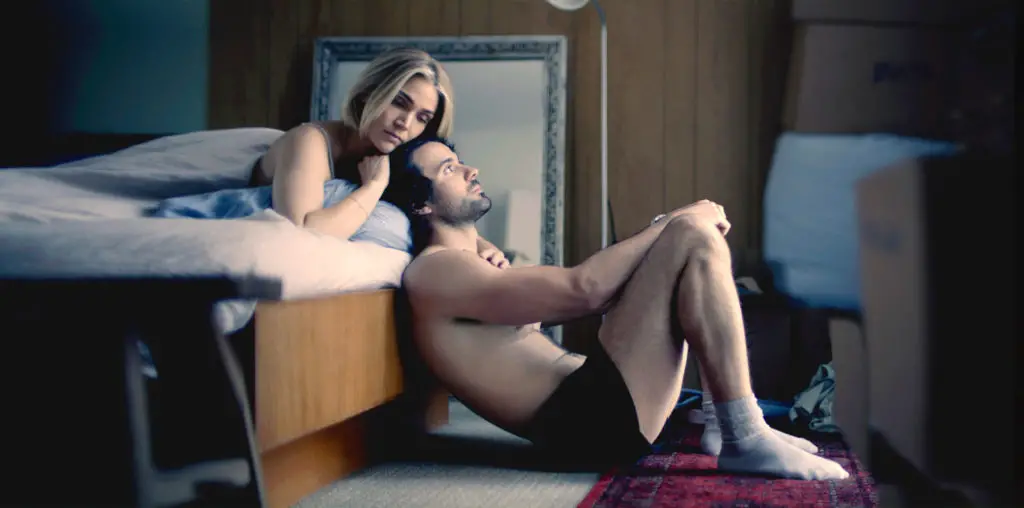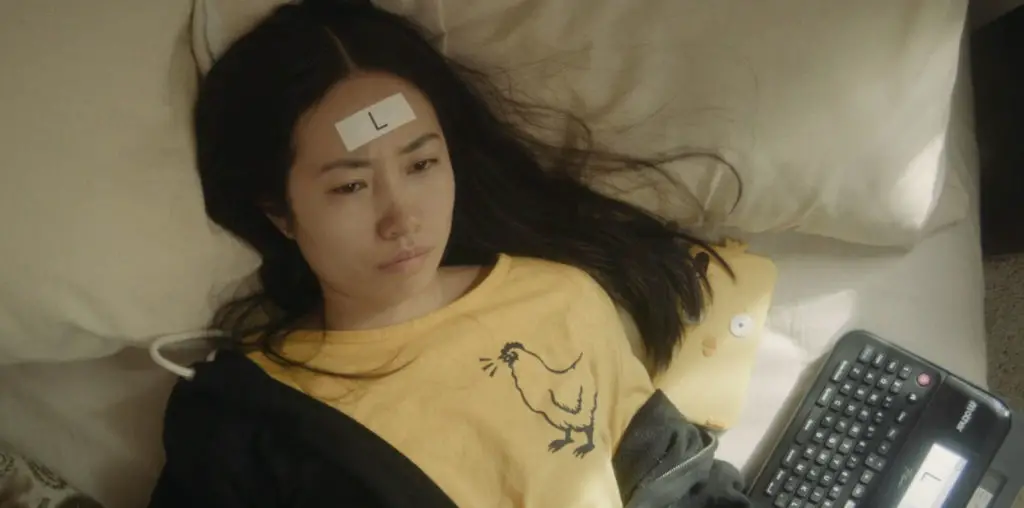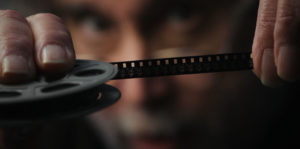
“Cinema is an invention without a future.” This quote from the Lumière brothers, who created the device from which the word cinema is derived, opens up writer-director Peter Flynn’s documentary Film Is Dead: Long Live Film. Indeed, their invention, the Cinématographe, was such that it would have had no future due to little further development being possible at the time. However, advancing technologies, along with generations of film preservation technicians and movie buffs, have kept film history alive and allowed for a systematic, analytical, and observational growth of the art that has carried the craft for over a hundred years.
The film documents the works of film preservationists and explains their significant endeavor of saving lost and destroyed stocks, without whom films would probably not be a medium of learning and academia. Told partially in retrospective accounts and archival footage, the likes of the National Film Registry, Film Archives, Library of Congress, and many more such departments that manage the preservation and storage of old film reels and new films of potential future significance are introduced to varying degrees. However, before these organizations of authority came along, there existed an enthusiastic pool of private film collectors who scoured through abandoned theaters, warehouses, and storage units to gather rotting and decaying stock footage and salvage what they could.
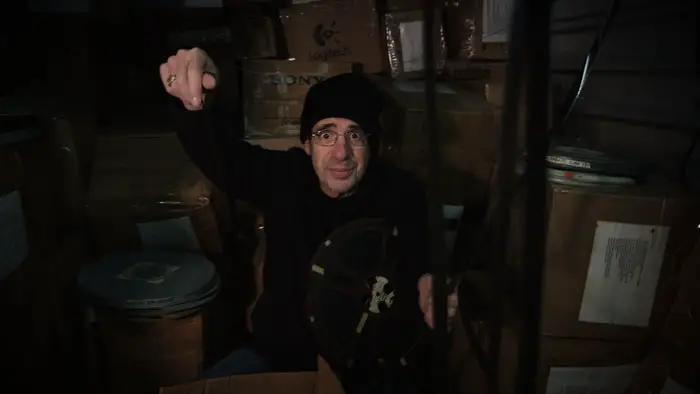
“…documents the works of film preservationists…”
You see these ordinary citizens with no commercial support trying to scan everything from trash to depositories. Some of them have backgrounds in filmmaking techniques or archival material and put those skills to use to repair, reinforce, and reproduce fresh (though sometimes partial) motion pictures. Their evident dedication to maintaining the history of film at all costs speaks highly to their enthusiasm for the medium.
Film Is Dead: Long Live Film is well-researched, and that comes across in all the interviews. Through these rich conversations, which often become a lesson in filmmaking and film preservation, the documentary becomes a massive treat for cinephiles, taking them through a historic journey of celluloid, its modern-day advancements, and the value it holds for both classic and contemporary cinema audiences. Everyone on screen, but especially Flynn, who does just about every job in creating his documentary, loves cinema, and that enthusiasm leaps off the screen.
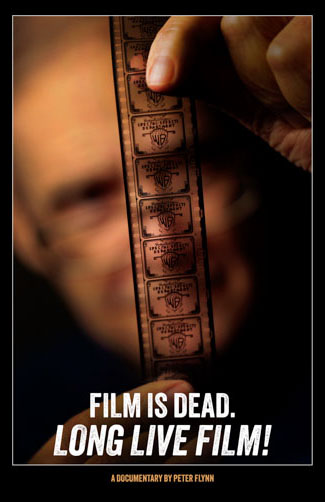
"…a breeze of nostalgia and wonder..."

